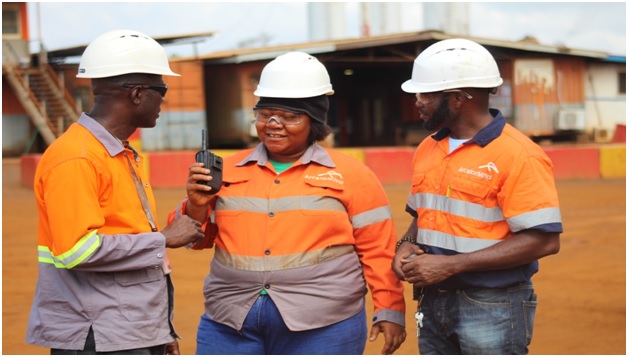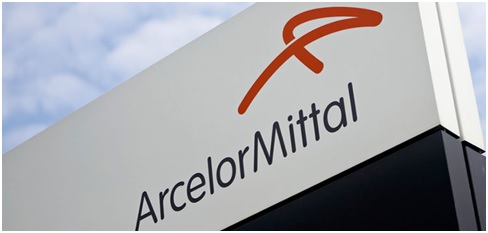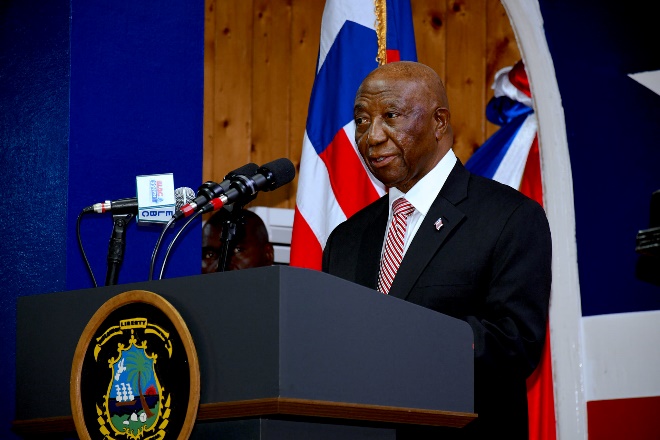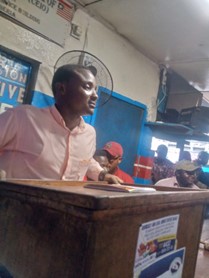Like many other countries, high levels of unemployment and poverty in Liberia are clear dangers to the country’s long-term peace, security, and democratic development.
Extreme level of unemployment has also erected barriers to the promotion of decent work, one of the government’s priority areas of action.
Interestingly, in Liberia, the unemployment rate which measures the number of people actively looking for a job as a percentage of the labor force, stands at 3.7 percent.
What is even more scaring is the degree at which more than 60% of the country’s population, mostly young people, is acutely unemployed, contributing to frequent violence, thievery, etc.
Youth unemployment accounts for the share of the total workforce aged 15 to 24 that is currently without work, but actively searching for employment.
With the public service being the largest sector of employment and with a declining inflow of foreign direct investment, the last majority of families wake up to new days with no guarantee that luck would find them at least a single meal. On top of this are the challenges of limited access to electricity and safe drinking water.
It is this economic and social development challenge that ArcelorMittal, Liberia’s leading private sector development firm, is working with the government to address in its new phase two investment project.
With eyes on these challenges, the government of Liberia happily signed a landmark amendment to ArcelorMittal’s Mineral Development Agreement, which set the motion for Legislative ratification to facilitate expansion of AML mining and logistics operations in Liberia. Notwithstanding, the amended bill was returned to the Executive Branch of government.

ArcelorMittal Liberia in this expansion plan has committed to ramping up the production of premium iron ore, which would correspondingly generate significant new jobs and provide wider economic benefits for Liberia.
To produce and ship premier ore, AML is ideally investing in the on-going construction of an ore processing plant in Yekapa. Many Liberians view this first-level beneficiation as a landmark development and are looking to a time when Liberia would be in the position to even manufacture steels.
The ore processing plant in addition to new investments to be made in key Liberian infrastructures such as rail and port development are crucial to the company’s vision of lifting thousands of Liberian out of poverty.
While many Liberians anxiously look forward to the job opportunities to be derived from ArcelorMittal’s MDA, there are worries that the fate of these youth may be left in limbo since majority of them have no employable skills. How could they occupy the new technical roles to be created by ArcelorMittal’s expansion?
This is a very important question. Nonetheless, ArcelorMittal, cognizant of this vast technical capacity deficit in Liberia, has since invested more than US$7 million to train Liberians, mostly youths, in varying specializations at its state-of-the-art vocational training center in Yekepa, Nimba County.
Its ArcelorMittal Training Academy, known for international certified programs, and with professionally experienced staff is preparing dozens of young people in different mining and engineering specialties free of charge.
These are the young people who will be crucial to the massive phase two expansion program, which aims at generating 30mtpa of premier iron ore for the European Union’s decarbonized steel zone.
AML’s Phase Two expansion project is, as of now, creating about 3,000 jobs just in its construction phase, with Liberians taking up most of these roles. Imagine when the project is fully operationalized in its production stage?
ArcelorMittal and Liberia have undoubtedly come a long way as a company and as the government. They can help solve the problem of job creation and fulfil the promise of why employment is a key component of economic growth.
Because, when people have jobs, they have money to spend on goods and services, which helps businesses grow and create more jobs.
It has been proved time without number that countries with low unemployment rates will always be more economically viable than those like Liberia with exceedingly high unemployment rate.







